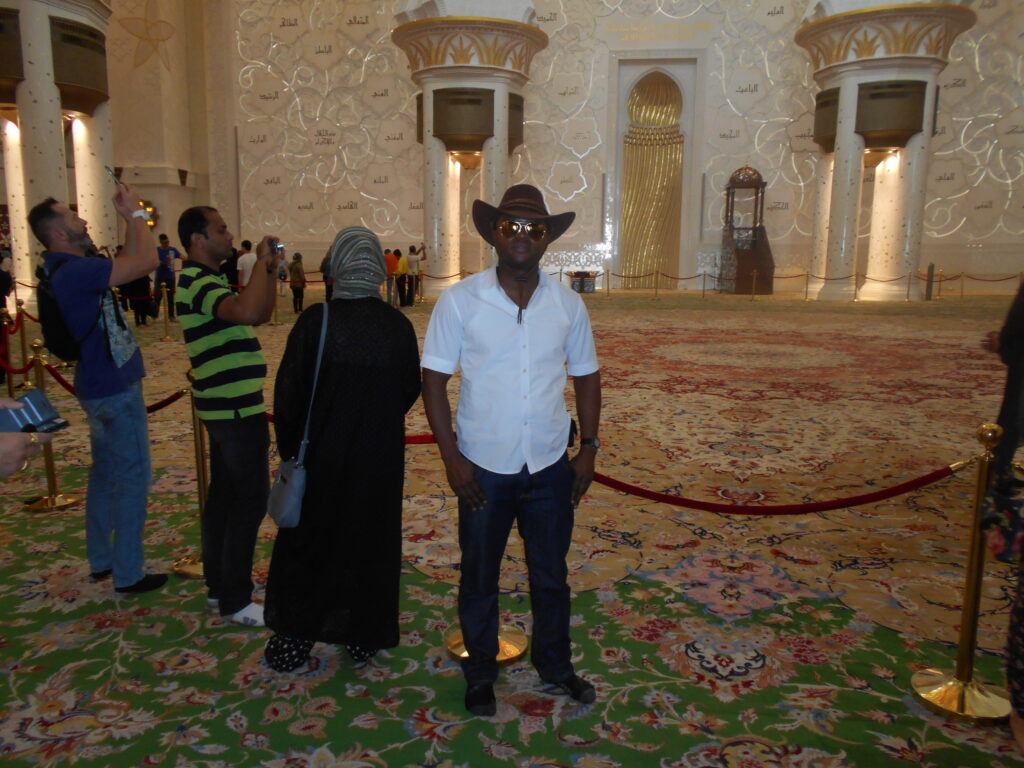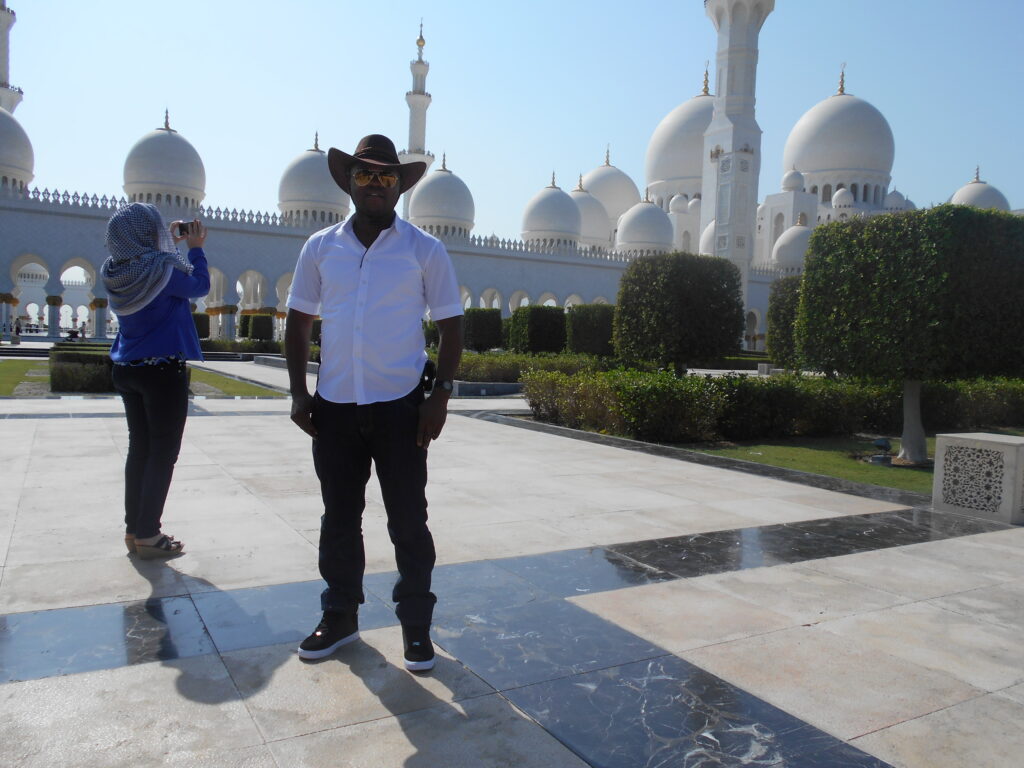L. S. Njeremani
I remember meeting a high school friend some years after we last played basketball together on the high school courts, and after exchanging shoulder hugs, I went on to inquire: “How have you been?”
To which he replied, “ I have been well. I have a wife and two kids…”
It was not a surprise to me because I have observed such conventional responses are almost daily scripts. It is an instinctual standard template used in social interactions as a benchmark for social progress. I am the kind who is more interested in the journey. I was keen to know what he had been doing since we last met in high school. Perhaps, a summary of his college, how his parents and siblings were faring, maybe how he met his wife and similar details.
But I also understand that some years out of high school can transform character, interests, perspectives, and an open or closed personality, among other traits.
We spoke generally, and I also inquired if he had been in touch with some former high school buddies. I went on to inquire about one friend he was particularly close to, and he shared how they had hardly been in touch since high school. We exchanged numbers and went our separate ways.
On a separate occasion, I met yet another schoolmate with whom we played basketball and sat on the same row in class. He was with a lady, whom he introduced as his wife, and we hailed the same bus to a common destination in town. We could not talk much– only a few sprinkles of conversation here and there, although I recalled the animated chats we used to have in high school. It appeared to me that he preferred a toned-down conversation. In later chats, via WhatsApp, with fellow schoolmates, I learned that he had become a Pastor.
I have also met people in a corporate setup and noted they act one way in formal settings and act differently when in an informal setup. For some, you can see the struggle to be formal or informal, while some, the pretentiousness of their speech whistles through like the wind through a window vent in winter, betraying the nature of their interactions under the guise of being corporate.
Numerous other encounters with people I have known from the past left me with questions about how people adopt one persona at a point in their lives, and change to a different persona to suit the context. It led me to start asking the question of myself: “Who are you?”
Having observed that various people’s personas changed depending on their job title, social or cultural setting, religious context, financial standing, and many more, I had to pause and ask whether all these titles and circumstances change how I relate with others and how others perceive me.
Conventional wisdom has it that how others perceive me is none of my business, so the only factor within my control is how I relate with others because ultimately it influences other people’s perception of me.
With introspection, my curiosity about others was heightened. It took the form of silent intrapersonal asks: What motivates you? What are you vain about? With people that I am close to, I ask directly: “Who are you?”
This has been within the context of conversations where they may have intimated challenges of perception, feeling used, or feeling abused. In some instances, I have observed how some get agitated as I narrow down their answers through an elimination process. For example, when I asked a friend “Who are you?” he went on to describe how he is a father of three, a husband, a holder of a Ph.D., and a member of the Mercedes Benz Owner’s Club. I then indicated that if I, or the laws of nature, were to strip him of all those, would he cease to exist, or put differently, what was he or who is he aside all the acquisitions he had enumerated?
I could see the internal turmoil building-up and a defensive streak taking hold. Just like matters of religion, this is usually the turnpike I do not venture into as it requires internal introspection from the respondent.
From observation and continuous interactions, I have noted that many people do not have the answer to the root question “Who are you?” Probably, this question may be beyond countenance due to the social conventions of describing themselves and other people, either by physical appearance or by societal or professional roles.
Indeed when I borrow from theology and religious text as some of the oldest reference points, one finds that Moses, who was reputed to be among the select few who had a direct conversation with God, posed the question: “May I say who sent me? The Israelites will want to know who has sent me, and God replied with the sentence: “Ehyeh asher ehyeh.” This is a first-person sentence that can be translated, as “I am who I am”.[1]
Theology and religious culture don’t seem to provide absolutes because in Islam, God (Allah) is believed to have 99 names as listed in the Quran.[2] Hinduism holds sway with 33 million gods[3], while the various tribes of the world will present the name of God in various forms, languages, and dialects.


In this context, where everyone has a reference for who God is but still differs in definition, it is easy to see how individuals may find it challenging to answer the question: “Who are you?” or when personalized, “Who am I?”
As described in the earlier examples, many opt to answer the question through what may be characterized as extrinsic manifestations, for example, academic and professional qualifications, societal titles, and material possessions. In a world where people are judged by appearance and first impressions, the default for a good majority is to conform to conventional expectations. It is safer and comes with the reduced burden of walking through life trying to explain oneself and the individual sets of values that one has developed. The price tag, though, is that many lose themselves in the process and end up living their lives in response to the convention of the day. As conformists.
The Johari Window provides an environment for self-assessment, but it has usually been relegated to academics, training programs, self-help groups, and corporate settings as a heuristic exercise but hardly features in discussions or conscious application in everyday life.
In summary, the Johari Window (Invented by Psychologists Joseph Luft and Harry Ingham in 1955) helps us to understand self-awareness and the human interaction that result from our self-awareness. We are often unaware of how others perceive us, how we present ourselves to others, and even how well we know ourselves. Luft and Ingham created this model because they believed that what happens in our life depends upon our self-awareness, and the awareness others have of us. [4]
Perhaps because the Johari Window model has been around so long the intended users- you and I, have become impervious to its messaging, or the same is compounded by how we interact with the model, which is through group activities that soon dissipate when the exercises come to an end.
[1] https://en.wikipedia.org/wiki/I_Am_that_I_Am
[2] https://en.wikipedia.org/wiki/Names_of_God_in_Islam
[3] https://www.huffpost.com/entry/the-33-million-demigods-o_b_1737207
[4] https://www.successfulculture.com/build-more-self-awareness-stronger-culture-using-johari-window/
Support our writing:
